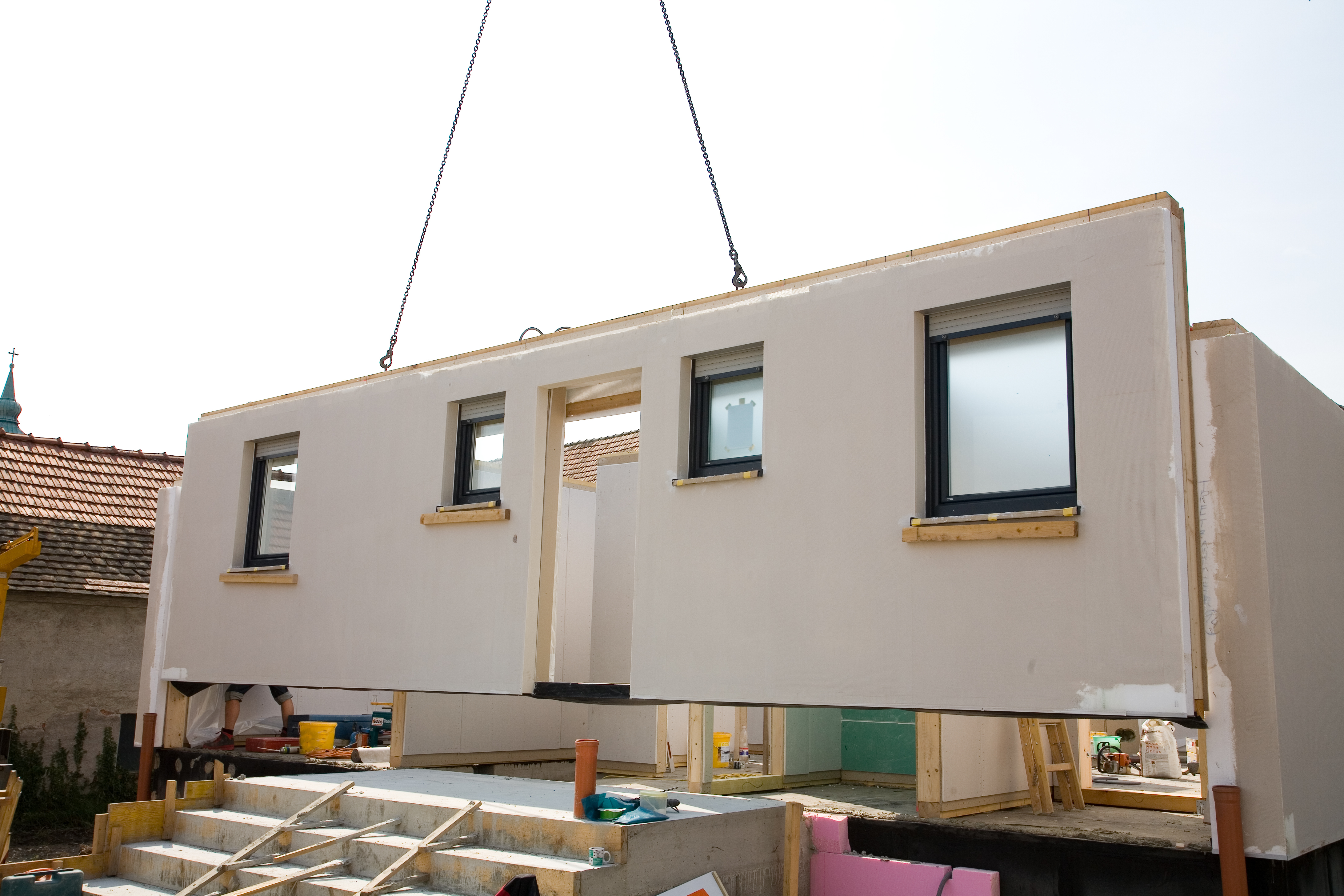Building for the Future with MMC
While life got back to its pre-pandemic form in 2022, the construction industry continues to reel under multiple challenges such as a shortage of skilled labour, meeting the demands for greater productivity and housebuilding targets, and reducing the environmental impact of buildings. Recent World Green Building Council figures show us that “Buildings are responsible for approximately 39% of global energy-related carbon emissions, including 28% from operational emissions, and the remaining 11% from materials and construction.”
The industry is in a new challenging phase and requires the adoption of new innovative methods of construction to achieve its target and help the government meet its ‘net zero targets’ by 2050. But how do we accomplish this? And what are the modern methods of construction? Let’s find out…
Modern Methods of Construction (MMC)
MMC is a common term given to the different techniques used in offsite manufacturing and onsite construction that work as alternatives to traditional methods of housebuilding. The most widespread practice of MMC is modular housing, in which the structures of the homes are built in a factory setting i.e., offsite, and thereafter delivered to the development location and assembled in situ.
This method of construction has been in discussions for many years within the industry but still accounts for only a small fraction of the total housing delivery in the UK. As we move to the future there is a growing need for a fast and sustainable construction solution such as the MMC.
What are the Benefits?
MMC is getting widely popular and continues to provide a rapid solution to faster methods of construction. There are many other advantages as well, for example -
- Fewer flaws in housing, thanks to stringent supervision in factories
- Reduced energy use and waste
- Better and safer construction method
- More flexibility as modular buildings can be dismantled and the modules transferred or renovated for more use somewhere else
However, regardless of these advantages, there are some risks concerned as well and MMC still has some way to go before it is preferred over traditional methods of construction.
The Challenges of MMC
Like any modern innovation MMC is not devoid of challenges particularly as there is a lack of assurance in the product.
With the MMC being prepared off-site in a factory environment, it is essential that there is an element of trust. As most housebuilders are accustomed to being on-site 24/7 with unlimited access to progress checks and the quality of the build, it may prove to be a hard task. However, it can be argued here that the factory environment allows for accurate product testing, which further leads to a consistent high-quality result.
There are also doubts about the long-term maintenance of the MMC homes. With precision and energy efficiency built into these homes, this may not be a problem, however, this will remain to be unknown until they have been lived in for a lengthy period.
How can LHC help?
At LHC, we want to help social housing providers in every part of the UK to deliver more homes, much faster and with a lower environmental impact. Our Offsite Construction of New Homes frameworks have delivered over 6000 homes and we hope to continue meeting the demands of the housing crisis through its latest iteration, NH3.
We invite you to have a conversation with our advisors and the technical team of experts who can assess where you are on the journey to MMC adoption and guide you on the offsite solutions available for social housing delivery.
LHC has organised an exclusive event on June 13, 2023, at Hilton Hotel, Dartford. Be part of an engaging panel discussion on the merits of Modern Methods of Construction (MMC) versus Traditional building in delivering people-centric designs. It’s a brilliant opportunity for you to join industry experts at our round tables and learn more about the advantages of MMC and the value-added benefits of using our frameworks. To register for the event, please click here.


